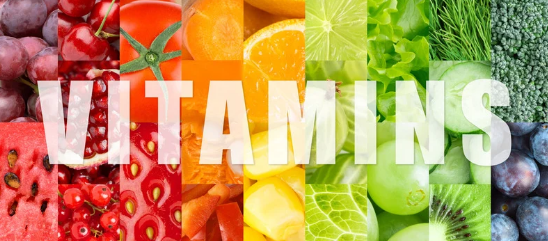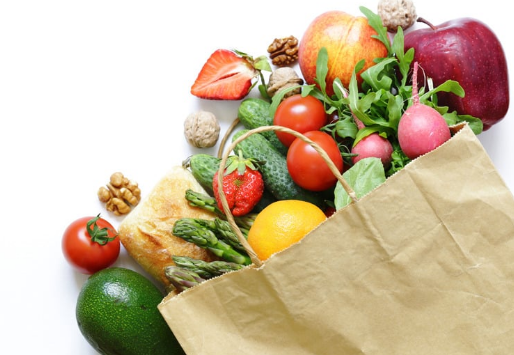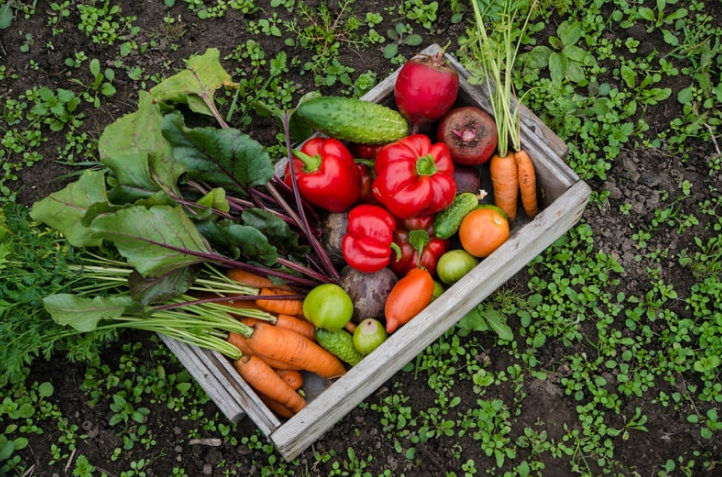There’s no doubt that calcium is essential. According to the National Institutes of Health (NIH), the body maintains a constant level of calcium in body fluids to support various vital functions, including muscle contraction, blood vessel contraction and expansion, hormone and enzyme secretion, and the transmission of messages through the nervous system. That means it’s needed to keep your heart beating and your muscles functioning, among other things. But the calcium in body fluids and muscles accounts for only about 1% of the total calcium in your body. The rest is stored in your bones and teeth, providing structural support and acting as a “savings account” from which calcium is continually withdrawn and deposited.
Although calcium intake is important throughout life, the most crucial time for building this “savings account” is during childhood, when bone formation is at its peak and bone breakdown is minimal. In adulthood, bone breakdown and formation are roughly balanced. Later in life, however, breakdown becomes the dominant process—leading to bone weakening and increased risk of osteoporosis (Mayo Clinic).
What If You Don’t Drink Milk?
Fortunately, dairy isn’t the only way to meet your calcium needs. Many plant-based foods are rich in calcium, from almonds to tofu.
Here’s a list of calcium-containing, dairy-free foods and their calcium content per serving:
Easy Ways to Boost Calcium Intake
Cook a vegetable stir-fry with diced tofu made with calcium sulfate.
Add steamed and chopped greens like collards or kale to casseroles, soups, and stews.
Use calcium-fortified plant milk in recipes such as pancakes, mashed potatoes, pudding, and oatmeal.
Swap peanut butter for almond butter.
Add calcium-rich beans like black-eyed peas to soups, salads, and pasta dishes.
Enjoy canned baked beans as a side dish or in a recipe.
Considering Supplements?
If you aren’t regularly getting enough calcium from food, you may want to talk with your healthcare provider about considering a supplement.
Other Ways to Keep Bones Strong
Reduce sodium: High salt intake can increase calcium loss from bones. Cutting back helps preserve bone density.
Eat more veggies and fruits: Many contain potassium, which may reduce calcium loss—especially important for postmenopausal women with higher sodium intake (NIH Office of Dietary Supplements).
Don’t overdo protein: Excessive protein can increase calcium excretion. If you’re on a high-protein diet, make sure you’re meeting your calcium needs.
Exercise: Weight-bearing activities like walking, running, hiking, and step aerobics help strengthen bones.
Get enough Vitamin D: Vitamin D boosts calcium absorption. According to the Harvard T.H. Chan School of Public Health, adequate vitamin D is just as important as calcium for bone health. Sources include cod liver oil, salmon, mackerel, tuna, fortified cereals, and safe sun exposure (about 10–15 minutes, two times a week to face, arms, or hands without sunscreen, depending on skin tone and location).
The Bottom Line
There are plenty of delicious, dairy-free ways to get calcium and support strong, healthy bones—at every stage of life. By combining smart food choices with healthy lifestyle habits, you can help keep your skeleton strong and resilient for years to come.













